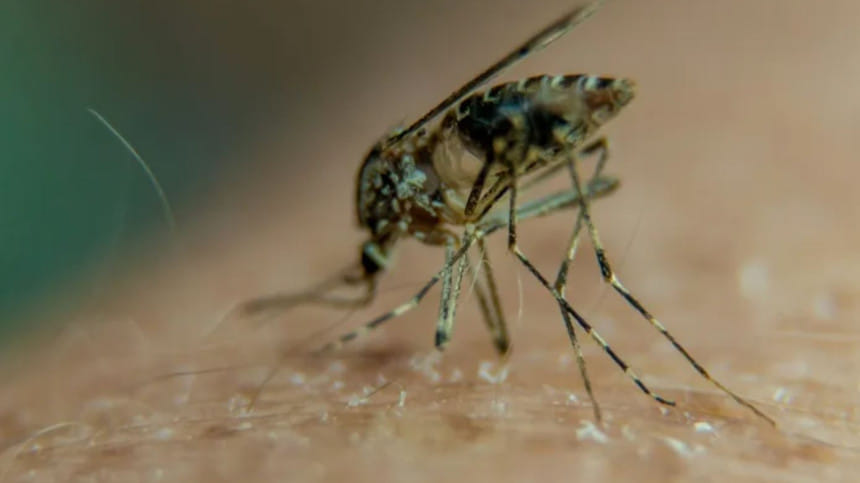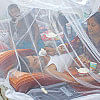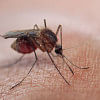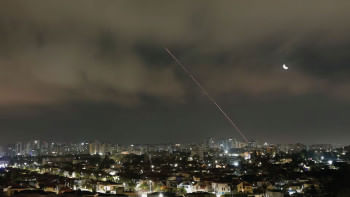Positive results for potential first chikungunya vaccine

French-Austrian drugmaker Valneva's vaccine candidate against chikungunya, a mosquito-borne virus that causes occasional outbreaks across the world, showed promising results in a large new trial, a study said on Tuesday.
While the results were hailed as good news in the fight against chikungunya, the trial was carried out on people in the United States, where the virus is extremely rare, with experts saying more research was needed.
There are currently no vaccines or treatments available for the virus, which causes fever and sometimes debilitating joint pain, though it is rarely fatal.
Valneva says that its vaccine candidate, called VLA1553, is the first to be reviewed by health authorities after applying for approval in the US and Canada.
The new randomised, placebo-controlled phase three trial aimed to find out how often the live-attenuated vaccine, which uses a weakened form of the virus, produced an immune response.
Out of a subgroup of 266 people who received the vaccine, 263 -- 99 percent -- developed antibodies that could neutralise the chikungunya virus, according to the study published in The Lancet journal.
In a broader trial of 4,100 healthy adults, the single-shot vaccine was deemed "generally safe", with side effects similar to other vaccines.
Only two people developed serious side effects linked to the vaccine, the study said, and both fully recovered.
Martina Schneider, Valneva's clinical strategy manager and the lead author of the study, called the results "promising".
"This could be the first chikungunya vaccine available for people living in endemic regions, as well as for travellers to endemic areas or areas at risk for an upcoming outbreak," she said in a statement.
Outbreak trials 'crucial'
Public health experts have expressed concerns that chikungunya could be a potential future pandemic threat as climate change pushes the mosquitoes that spread it into new regions.
Kathryn Stephenson, an infectious disease specialist at the Beth Israel Deaconess Medical Center in the US, said the new study was "good news for chikungunya virus pandemic preparedness".
But the vaccine might be less effective in areas with a built-up immunity to chikungunya, which can happen with such live-attenuated shots, she added.
Since chikungunya was first identified in Tanzania in 1952, it has been recorded in more than 110 countries, according to the World Health Organization.
Occasional but severe outbreaks take place in Africa, Asia and the Americas.
Valneva has said the US Food and Drug Administration could make a decision on approving the vaccine at the end of August.
The biotech firm told AFP that it plans to submit an application to the European Union's drug watchdog, the EMA, in the second half of 2023.
The company is also trialling the vaccine among adolescents in areas of Brazil where the virus is endemic.
Stephenson said the Brazilian trial and further research conducted during actual chikungunya outbreaks were "crucial" to establishing the vaccine's effectiveness.
A chikungunya vaccine candidate developed by Denmark's Bavarian Nordic is also undergoing phase three trials.

 For all latest news, follow The Daily Star's Google News channel.
For all latest news, follow The Daily Star's Google News channel. 








Comments